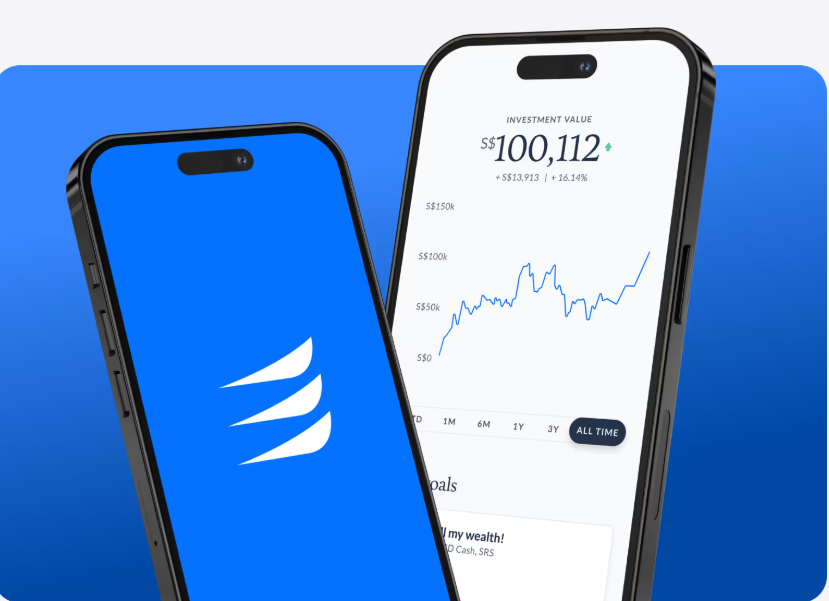The Retail Investor’s Advantage: How Access to Private Deals Is Redefining Market Power

For most of financial history, private deals were an exclusive playground for the wealthy and well-connected. Venture capital, private equity, and early-stage investment opportunities were reserved for institutions and high-net-worth individuals with access to insider networks. Retail investors—everyday individuals managing their own portfolios—were largely left out. But that landscape is changing fast.
The democratization of finance, driven by technology, regulation, and data transparency, is providing retail investors with unprecedented access to private markets. What was once hidden behind closed doors is now visible through digital platforms, crowdfunding opportunities, and open financial data. The ability to observe and, in some cases, participate in private deals has become a potent new edge for modern investors.
The Breaking Down of Financial Barriers
The transformation of access began with a shift in regulations and the rise of online investment platforms. In the United States, the JOBS Act opened the door for equity crowdfunding, allowing non-accredited investors to invest in startups and private ventures. This legislation, combined with digital innovation, created a wave of accessible investment opportunities that bypass traditional gatekeepers.
Platforms such as Republic, SeedInvest, and StartEngine have enabled retail investors to explore early-stage investments with lower minimums and increased transparency. Investors can now participate in industries ranging from clean energy to technology startups—areas that once required millions in capital to enter. This shift has blurred the lines between institutional and retail investing, empowering individuals to play an active role in the financial growth of emerging businesses.
Using Public Information to Decode Private Activity
One of the most powerful tools available to retail investors today is public data about private market activity. Websites like PitchBook, Crunchbase, and CB Insights track venture capital investments, funding rounds, and acquisition trends. With this data, retail investors can gain valuable insights into where professional investors are directing their capital.
By analyzing patterns in private deal flow, investors can identify emerging sectors before they become mainstream. For example, if private funding in green technology or artificial intelligence startups is rapidly increasing, it’s a sign that these areas may also see broader growth in public markets. Publicly available information now serves as a guide for retail investors, enabling them to anticipate opportunities that were previously visible only to insiders.
The Rise of Crowdfunding and Community Investing
Crowdfunding has become one of the most significant pathways for retail investors to participate in private deals. Through equity crowdfunding platforms, individuals can directly support startups they believe in, often gaining early equity stakes. This not only creates financial opportunity but also fosters a more profound sense of connection between investors and entrepreneurs.
Community-driven investing has also begun to shape the financial landscape. Investors are no longer just buyers of stock—they’re active participants in the growth stories of innovative companies. This personal engagement has attracted a younger generation of investors who value purpose-driven investing and want to support ideas that align with their beliefs. As a result, retail investors are reshaping how private markets operate, blending finance with social and technological progress.
The Power of Transparency in Private Markets
Transparency has always been a challenge in private markets. Historically, investors had to rely on limited disclosures or personal connections to assess opportunities. Now, technology is helping to solve that problem. Many private companies voluntarily share performance metrics, financial summaries, and investor updates to attract capital. At the same time, open databases provide verifiable information about funding history and investor credibility.
This improved transparency gives retail investors a greater ability to perform due diligence. They can evaluate the legitimacy of startups, analyze market trends, and compare multiple opportunities with ease. The result is a more level playing field where trust and information—not privilege—drive decision-making. As transparency continues to expand, retail investors gain not just access but confidence in navigating private markets.
The Opportunities and Risks of Private Investing
With greater access comes greater responsibility. Private deals can offer high potential returns, but they also carry significant risk. Unlike public stocks, private investments are often illiquid and may take years to realize value. Many startups fail before reaching profitability, and investors must be prepared for the possibility of loss.
To succeed, retail investors need a disciplined approach. Diversifying across sectors, investing small amounts in multiple ventures, and conducting thorough research can help balance risk and reward. Learning from institutional investment strategies—such as tracking co-investors, understanding valuations, and studying business models—can also enhance decision-making. The key is to treat private investing as part of a long-term strategy, not a quick win.
Technology as the Retail Investor’s Equalizer
The digital age has made it easier than ever for retail investors to compete with professionals. Artificial intelligence and analytics tools now provide insights that were previously available only to large institutions. Algorithms can analyze a company’s performance, track investor sentiment, and identify emerging opportunities across various industries.
Meanwhile, blockchain and tokenization are unlocking new forms of investment. Assets such as real estate, fine art, and private equity can be divided into digital tokens, allowing investors to purchase fractional shares. This technology further removes barriers, ensuring that wealth-building opportunities are open to more people than ever before. The future of private investing will be defined by accessibility, speed, and data-driven decision-making—and retail investors are at the forefront of this shift.
link




